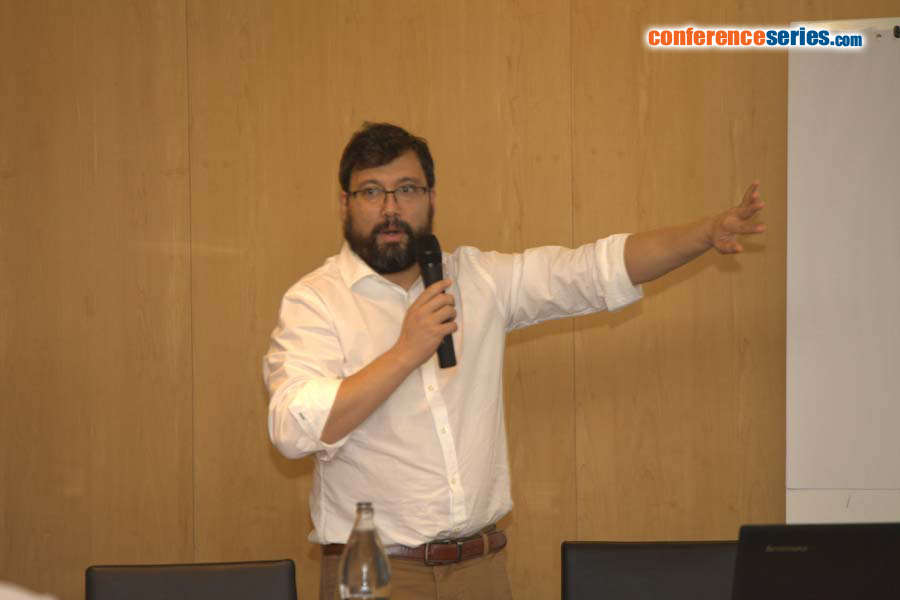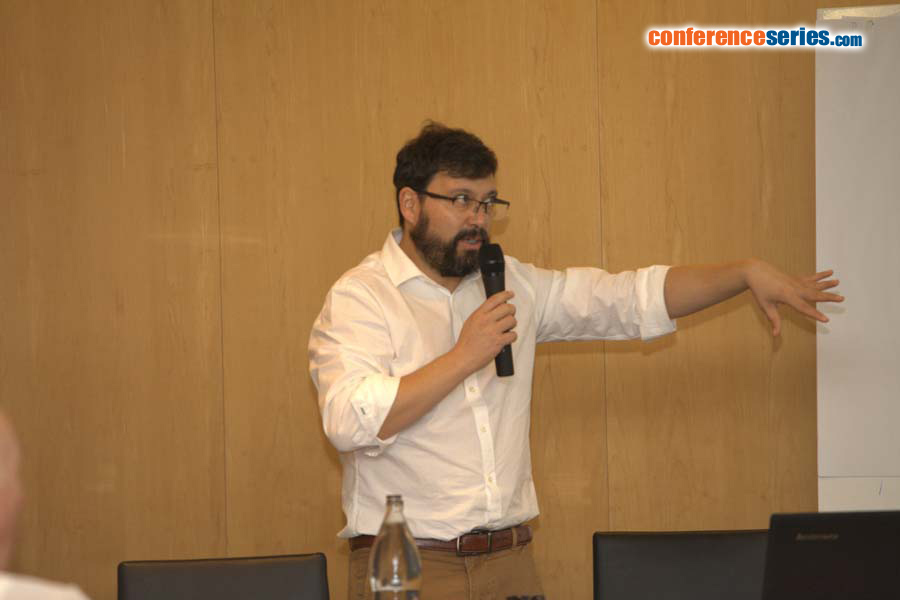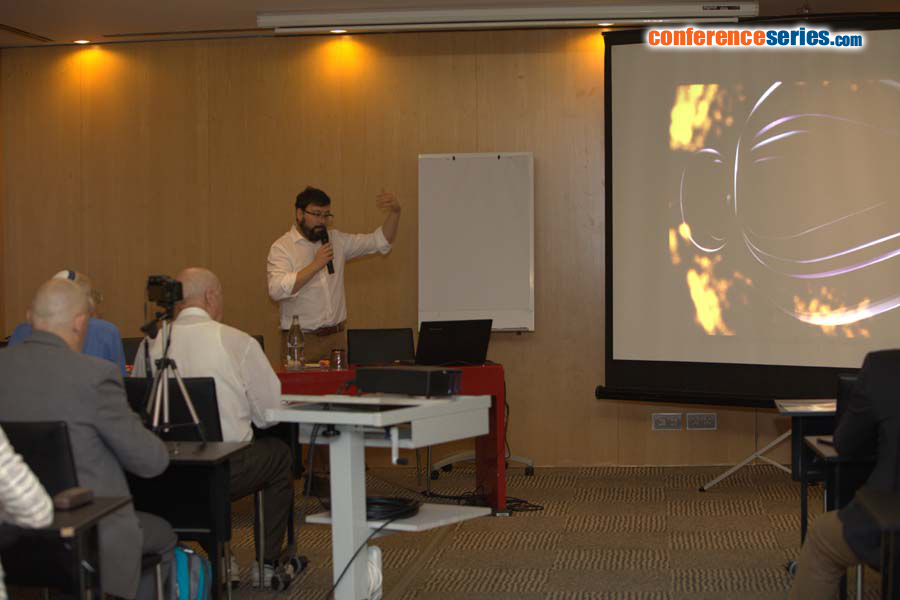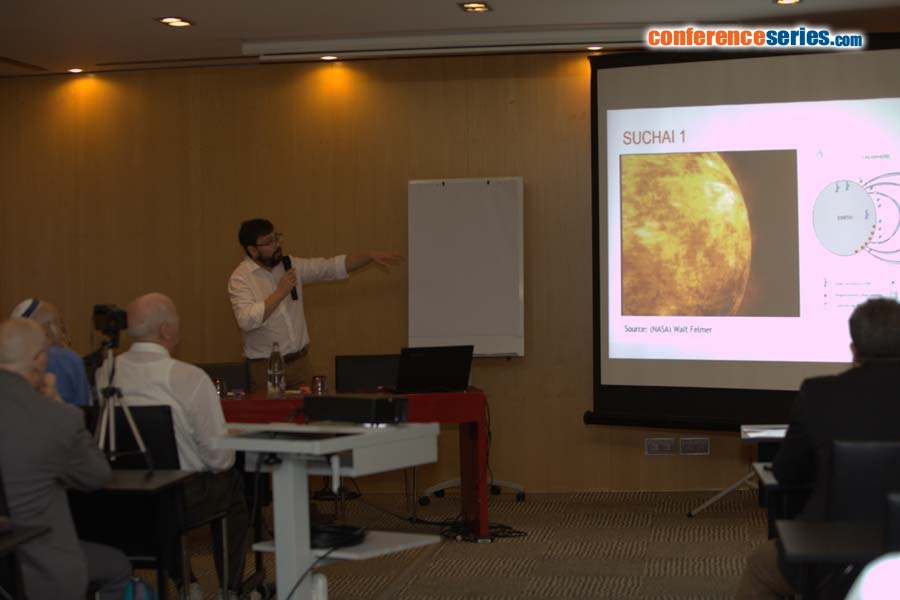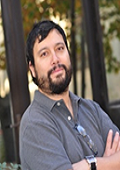
Marcos A. Diaz
University of Chile
Chile
Title: SUCHAI 2 and 3: Scientific grounds and challenges of the new space mission of the University of Chile
Biography
Biography: Marcos A. Diaz
Abstract
Developing countries and their educational institutions are taking advantage of the Cubesat standard in order to either accelerate or even start space programs. Chile, and in particular the University of Chile, has started a space program based on Cubesats. The first university Cubesat, the Satellite of the University of Chile for Aerospace Investigation 1 (SUCHAI-1), is awaiting launch in a Falcon 9 (Space X). SUCHAI-1 was a proof of concept with simple payloads and experiments. We present the learned lessons of SUCHAI-1 and the process of starting a university program funded by sources external to the university in a country without a space agency nor a space program. We also present the university new space mission, which continues the efforts of the first one. The new mission under development involves the construction of 2 3U Cubesats, SUCHAI 2 and 3. The main payloads under design for this mission, and eventually for future more dedicated missions, are: magnetometers, Langmuir probes, dual frequencies GPS receivers and radio beacons. These payloads expect to gather information of the ionosphere. In particular, we will show the current status of the payloads, paying attention to the first designs of them together with the current performance. We analyze the type of physics we might obtain with these instruments and with the fusion of data among them as well as with ground based instruments such as GNSS receivers, magnetometers networks, ionosondes and Incoherent Scatter Radars (ISRs).


